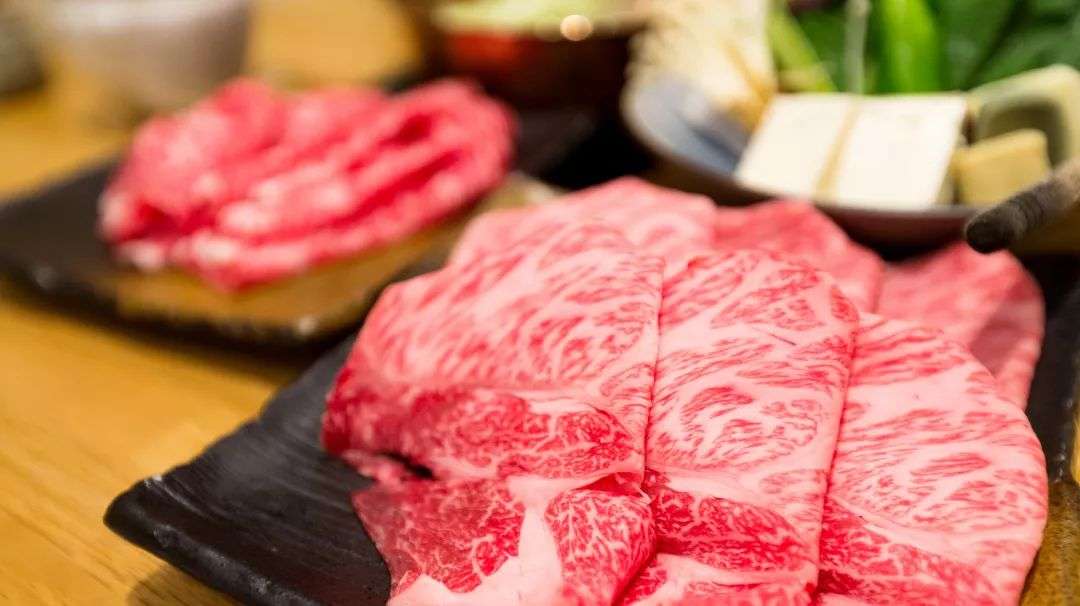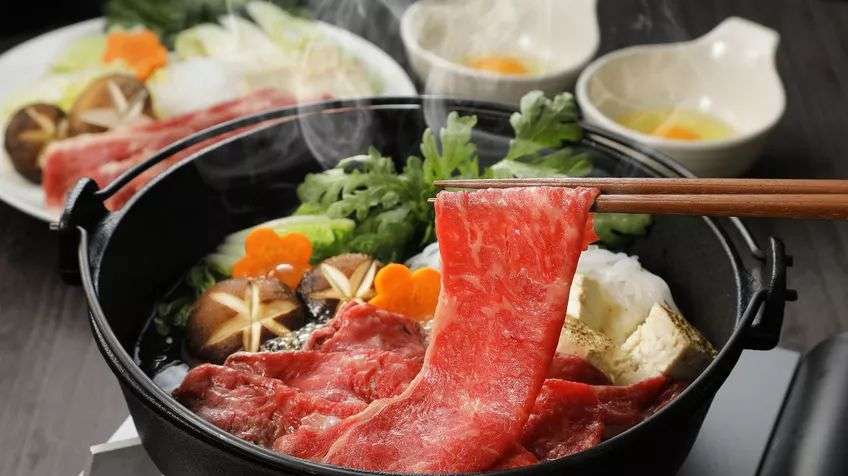Eating burnt food may cause cancer, eating pickled vegetables may cause cancer, and eating salted fish may also cause cancer…
Everyone has remembered these statements as common sense.
But are these statements true or false? How do you know if a kind of food is carcinogenic? What do you really want to eat less or not? Let’s ask a professional doctor to tell everyone.
Whether it is carcinogenic is evaluated by a professional organization.

There is such a [behind-the-scenes judge] who will evaluate the carcinogenic effects of all kinds of things in life. This [judge] is the International Cancer Research Center (IARC).
According to experimental analysis, epidemiology and other relevant data, the International Cancer Research Center will divide carcinogens into five categories: Category 1, Category 2A, Category 2B, Category 3 and Category 4:
- Category 1: The evidence is conclusive and is clearly related to the occurrence of cancer. Category 2A: There is strong evidence to prove that it can cause cancer. Category 2B: It is likely to cause cancer. Category 3: Don’t worry too much, including tea, coffee and cholesterol. Category 4: It is impossible to cause cancer, such as caprolactam.
Eat less of these foods

Next, let’s mainly look at the foods in Categories 1 and 2A that are closely related to everyone.
Category 1 carcinogens (clearly related to cancer and fully based)
1. Alcohol: Oral Cancer, Pharyngeal Cancer, Laryngeal Cancer, Esophageal Cancer, Liver Cancer, Postmenopausal Breast Cancer
The carcinogenic effect of alcohol can be said to be [full blossom].
Some studies have shown that compared with people who do not drink alcohol, people who drink a lot (drink more than 3 times a day) are more likely to suffer from upper digestive tract cancer, lung cancer, breast cancer, colorectal tumor and melanoma.
There are also studies that show that drinking is not only related to the above cancers, but also related to nasopharyngeal carcinoma, bladder cancer, prostate cancer, pancreatic cancer, etc.
If you want to prevent cancer, stop drinking first!

2. Processed meat: colorectal cancer, pancreatic cancer and gastric cancer
What is processed meat? The International Agency for Cancer Research explained that:
Smoked, pickled, air-dried or other meat that increases taste or is conducive to preservation, including dried meat, ham, canned meat, cured meat and cured fish, etc.
There is sufficient evidence that eating processed meat products will lead to colon cancer. Eating 50 grams of processed meat products every day will increase the risk of colon cancer by 18%.
3. Chinese Salted Fish: Nasopharyngeal Carcinoma
Salted fish, which is dehydrated by pickling and insolation and salted with high concentration of salt, is a common traditional delicacy in Guangdong. However, during processing, nitroso compounds, a carcinogenic substance, are produced. This compound has been identified as carcinogenic.
4. Aflatoxin: liver cancer and renal cancer
The most common such substances are peanuts and corn contaminated by Aspergillus flavus.
In addition, some processed foods using peanut raw materials (such as peanut butter) may also cause cancer due to mold of the raw materials. Therefore, it is necessary to choose products from reliable manufacturers.
Other common type 1 carcinogenic diets include eating too much salt (which may lead to gastric cancer) and betel nut (which may lead to oral cancer).
At present, there are 118 members of Category 1 carcinogens. In addition to the above foods, there are also well-known cigarettes, benzene, arsenic, polycyclic hydrocarbons (common in cooking fume and automobile exhaust), various ionizing radiation, outdoor air pollution, etc.
Category 2A carcinogens (most likely associated with cancer)

1. Red meat: colorectal cancer, pancreatic cancer and gastric cancer
The International Agency for Cancer Research initially proposed that red meat is a likely carcinogen, causing quite a stir.
Red meat refers to meat that is red in its raw state and darkens when cooked, such as fresh red meat: meat of mammals such as cattle, sheep and pigs. Studies have confirmed that intake of red meat will increase the risk of colorectal cancer, lung cancer and pancreatic cancer.
It should be emphasized that the premise for red meat to bring cancer risk is large amount and long-term intake.
In other words, although red meat is classified as Class 2A carcinogen, it does not mean [cannot be eaten].
The World Cancer Research Foundation recommends that the weekly intake of red meat should not exceed 500g, that is to say, a kilo of red meat per week. < < Dietary Guidelines for Chinese Residents > > also recommends reducing the proportion of pork in food.
Remember to eat less.

2. Excessive hot diet: oral cancer, pharyngeal cancer and esophageal cancer
Regular consumption of food exceeding 65 ℃ is easy to induce esophageal cancer, esophageal mucosa is repeatedly damaged under high temperature, and long-term repeated stimulation is easy to cause esophageal mucosa canceration.
3. Nitrate and nitrite: esophageal cancer and liver cancer
Pickles and pickled products contain more nitrite, which will induce liver cancer and esophageal cancer.
There are also a series of foods made by frying, baking, barbecuing and other cooking methods in Category 2A. In addition to the above foods, there are many unfamiliar and abstract chemicals.
Surprisingly, the habit of staying up late has also been included in this category of carcinogens.
To sum up, for Class 1 and Class 2A carcinogens, we should avoid them if we can. Especially alcohol, cigarettes and betel nuts, the harm of these substances to human body is not only their carcinogenicity.
However, this does not mean that if you eat a little of these foods, you will definitely get cancer, because the occurrence of cancer is often the result of long-term effects of many factors.
If you eat it once in a while and have a mouth addiction, there is no need to panic.
